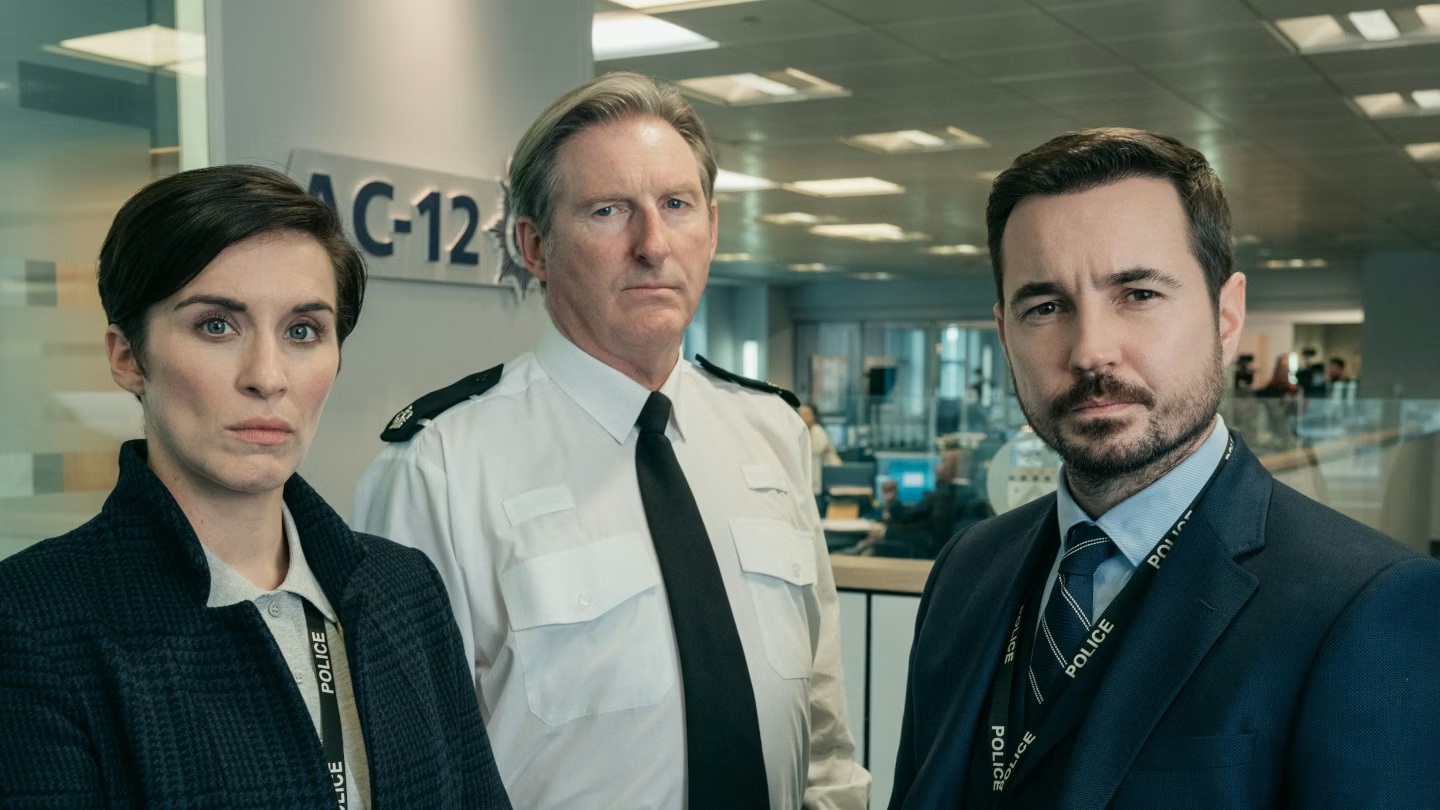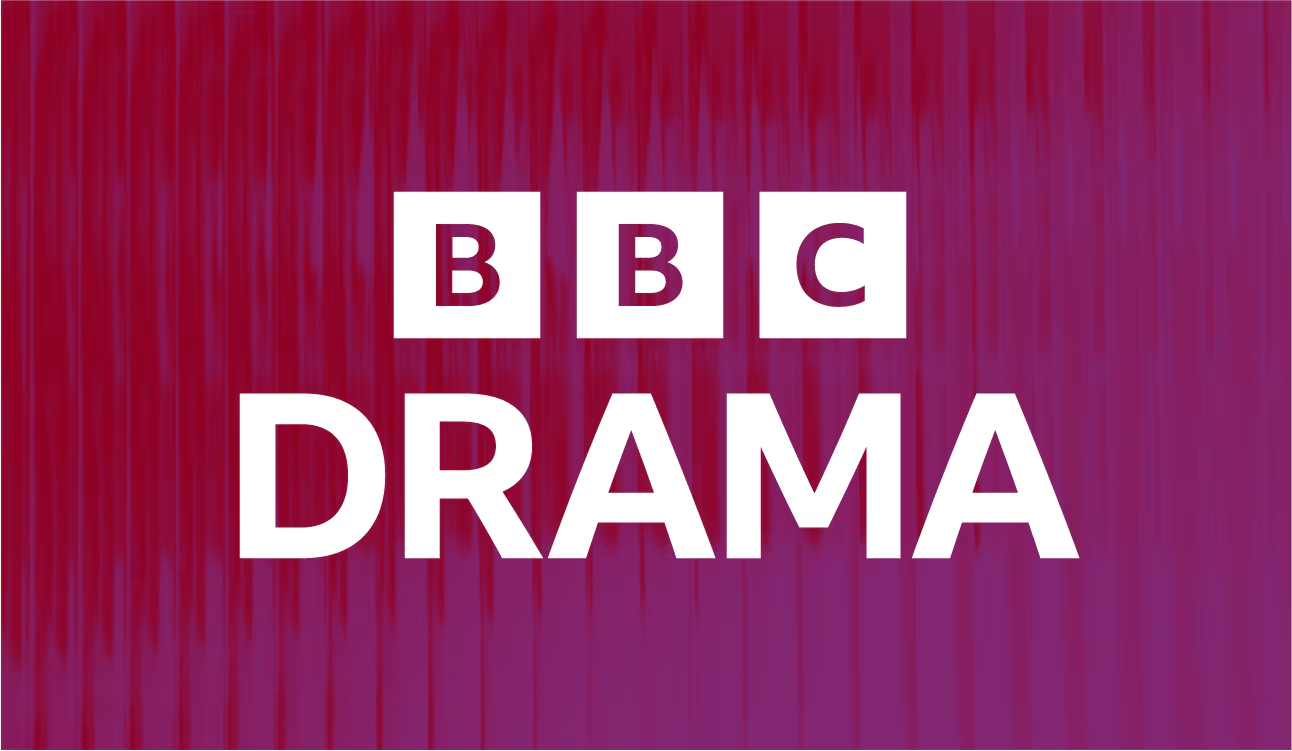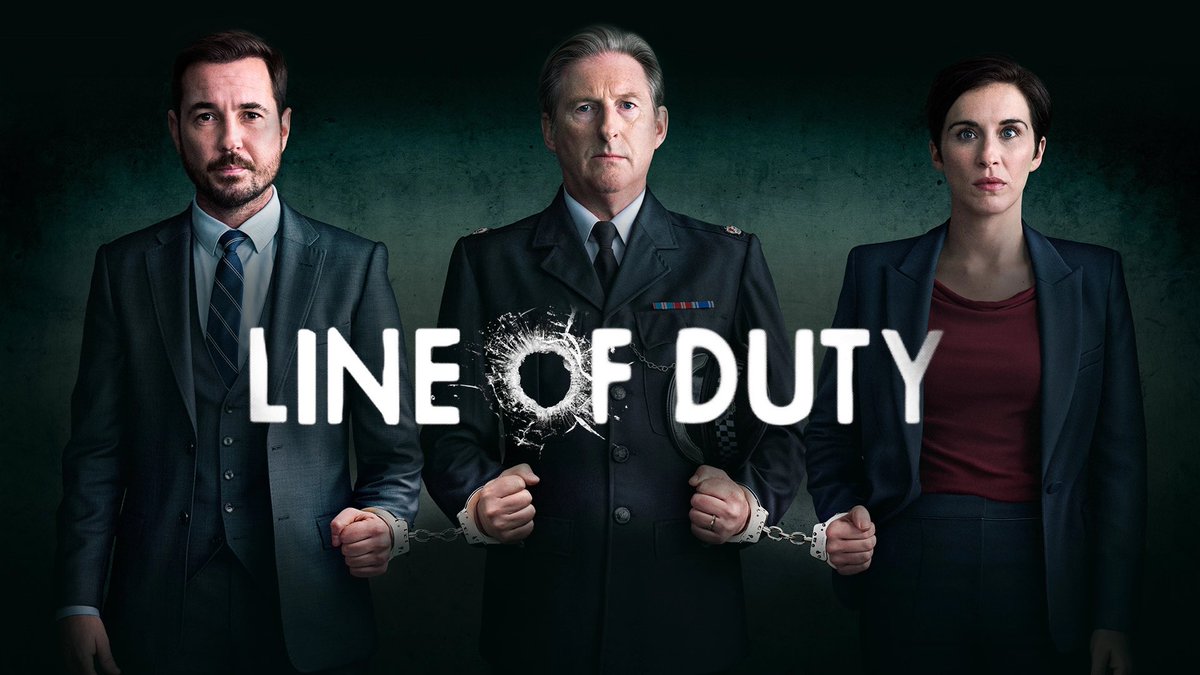The BBC just dropped the bombshell fans have craved for years. Line of Duty, the gripping police thriller that hooked millions with its relentless twists and moral gray areas, is roaring back for a seventh series. Creator Jed Mercurio pens the script once more, reuniting the beloved trio of Vicky McClure, Martin Compston, and Adrian Dunbar as the sharp-eyed detectives of AC-12.
Filming kicks off in Belfast this spring, promising six episodes packed with even fiercer corruption scandals and heart-pounding stakes. It's the kind of news that sends a shiver of anticipation through every viewer who yelled at their screen during those cliffhanger finales.
The Return Is Real — And It's Big
This isn't some vague rumor floating around fan forums anymore. The BBC confirmed the revival today, right on the heels of mounting speculation that had the internet buzzing. AC-12, that fearless anti-corruption squad, gets a fresh start under a new name, the Inspectorate of Police Standards, diving into what the network calls their "most sensitive" case yet.
Jed Mercurio couldn't hide his thrill in the announcement, thanking supporters with "enormous gratitude" for sticking with the show through its wild six-season run. Vicky McClure echoed the sentiment, her voice bubbling with excitement about linking arms again with her on-screen partners. Martin Compston and Adrian Dunbar piled on, with Dunbar dubbing it a pure "joy" to gear up for another round of interrogations and betrayals. The energy feels electric, like the team never really left the set.
Word of the comeback spread like wildfire across social media and headlines, pulling in fresh chatter just days after the BBC navigated some tough scrutiny over its broader news coverage. Yet here, amid the drama of Hastings' brooding stares and Arnott's unyielding grit, the focus sharpens on pure escapism. It's a reminder that even in turbulent times for public broadcasting, stories like this one still cut through the noise and remind us why we tune in.

The Three Amigos reunite in Line of Duty Series 7, facing their most sensitive corruption case yet as the BBC anticipates a ratings and revenue boost.
Massive Audience, Massive Value
Line of Duty has never been just another cop show. It commands audiences that make streaming giants take notice. Remember the series six finale in 2021? It snagged 12.8 million live viewers overnight, capturing a staggering 56.2 percent of the UK's television audience that night. When you factor in catch-up viewing, those numbers climb even higher, proving the show's grip on delayed bingers. According to analysis reviewed by Finance Monthly, such blockbuster pulls aren't fleeting, they build lasting equity for the broadcaster behind them.
This firepower ripples out in ways that hit the BBC where it counts most. First off, it bolsters the case for the licence fee, that annual £169.50 every UK household chips in. Hits like this scream value, delivering top-tier entertainment at a bargain, roughly 8 pence per hour of viewing based on BBC metrics. Then there's the commercial side through BBC Studios, the profit-making wing that flings content worldwide.
Last year's figures tell the tale, with revenues soaring to £2.2 billion and profits topping £225 million, fueled by global deals for shows just like this one. Every new episode means fresh licensing pacts, streaming royalties, and even merchandise that pads the bottom line. In a world where Netflix and Disney+ dominate, Line of Duty's return feels like a defiant flex, reminding everyone the BBC can still pack theaters, metaphorically speaking.
Unlocking Global Streaming Gold: The Hidden Financial Power of BBC Dramas
What truly sets this revival apart lies in its quiet superpower, content licensing, a straightforward deal where the BBC sells broadcast rights to international platforms hungry for British edge. Think of it as renting out your hit playlist to party hosts abroad, each spin generating cash without extra production costs. For consumers juggling subscription fatigue, this means more diverse options on your feed, but for the BBC, it's a lifeline diversifying beyond the domestic pot.
Media analyst Claire Enders, founder of Enders Analysis, captures the emotional stakes perfectly when she warns that undervaluing public broadcasters like the BBC risks drowning quality in an "avalanche" of unregulated content. Her point hits home here, as Line of Duty's global fanbase—already strong in markets like Australia and the US—could inject serious revenue. Take BBC Studios' 2024/25 haul, where drama exports contributed around 25 percent of that £2.2 billion total, per annual reports, often yielding margins north of 30 percent on renewals.
Imagine a mid-sized licensing deal for season seven landing in the £10-15 million range, anonymized from past hits like Doctor Who, covering costs and then some while funding under-the-radar gems. This isn't just bean-counting, it's a heartfelt push to keep storytelling alive against tech titans, ensuring the licence fee stretches further and sparks joy worldwide. In today's cutthroat streaming scrum, it's the BBC's sly way of turning cop chases into cold hard cash, with a warmth that feels profoundly human.

Line of Duty returns for Series 7 on BBC, promising gripping corruption drama and a potential surge in viewership and revenue.
Risks — and Why This Could Still Be a Gamble
No blockbuster bows without a shadow of doubt trailing it. Series six wrapped on a polarizing note, with that finale leaving die-hards split and whispers of "what now?" echoing long after the credits. Expectations tower higher than ever, and a single plot fumble could dent viewership or invite online backlash that stings. The BBC knows this all too well, especially as it weathers fresh debates over funding models and digital shifts.
Still, the math tilts toward triumph. BBC Studios' momentum, with steady climbs in international sales amid a stabilizing ad market, cushions the blow. A brand as ironclad as Line of Duty, proven to transcend borders, ranks as a calculated risk in an era where safe bets are gold. It's the thrill of the chase, after all, that defines the show, and betting on its pull feels less like gambling and more like trusting an old friend to deliver.
Why Viewers—and the BBC—Should Be Excited
Picture Ted Hastings barking "Mother of God!" into the void once more, Steve Arnott piecing together the impossible, and Kate Fleming navigating shadows with quiet steel. For us watchers, it's a warm rush of reunion, the kind that makes Sunday nights sacred again. For the BBC, this isn't mere nostalgia, it's fuel for legitimacy and ledgers alike, a beacon in the fog of media mergers and fee freezes.
Stakeholders watching from afar see the bigger win too, proof that public service can blend prestige with profit in ways that touch the soul. Line of Duty's seventh chapter arrives not a moment too soon, a pulse-quickening jolt that could steady the BBC's sails through choppy waters. In this fast-unspooling landscape, it's a story worth rooting for, one twist at a time.














